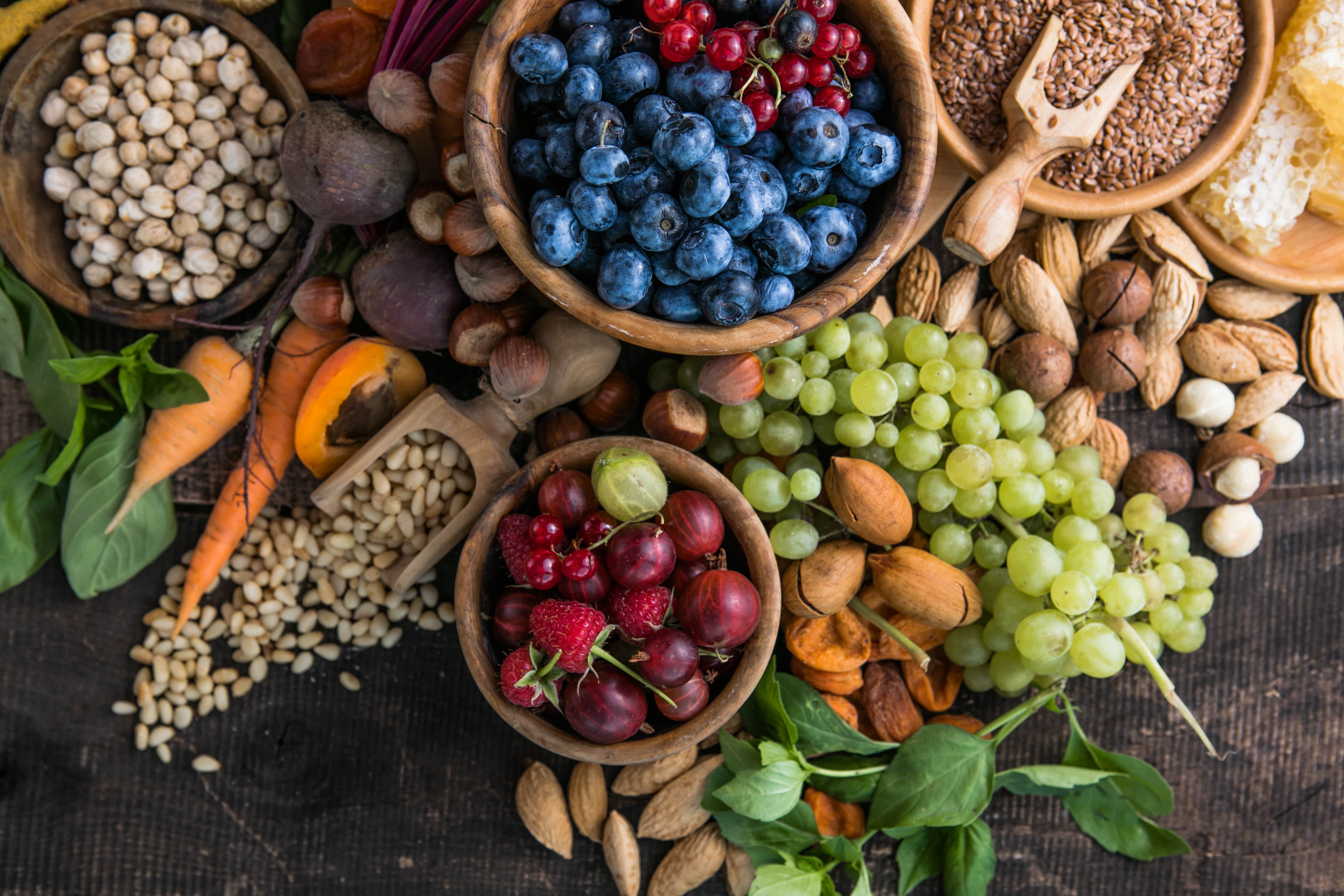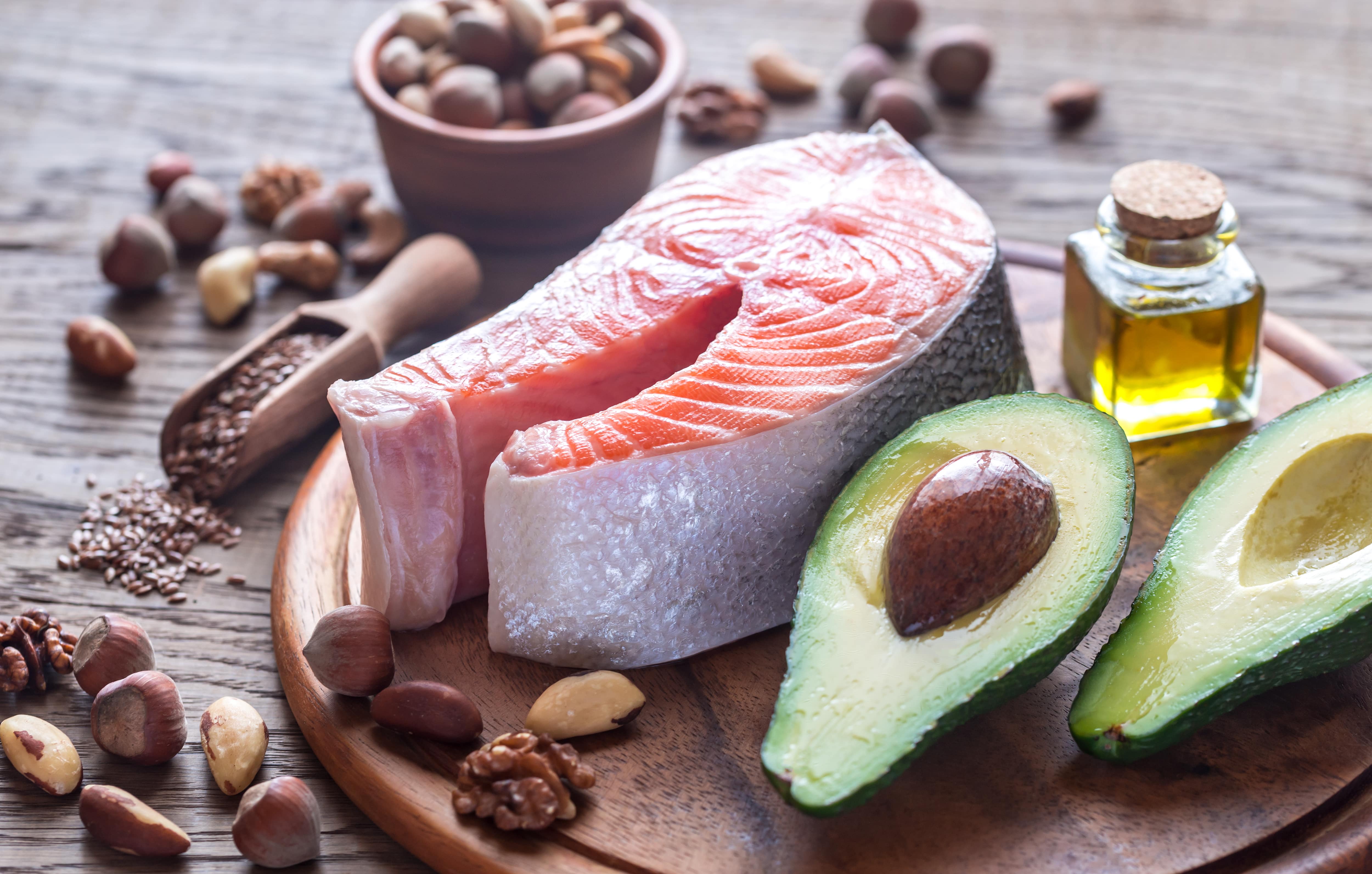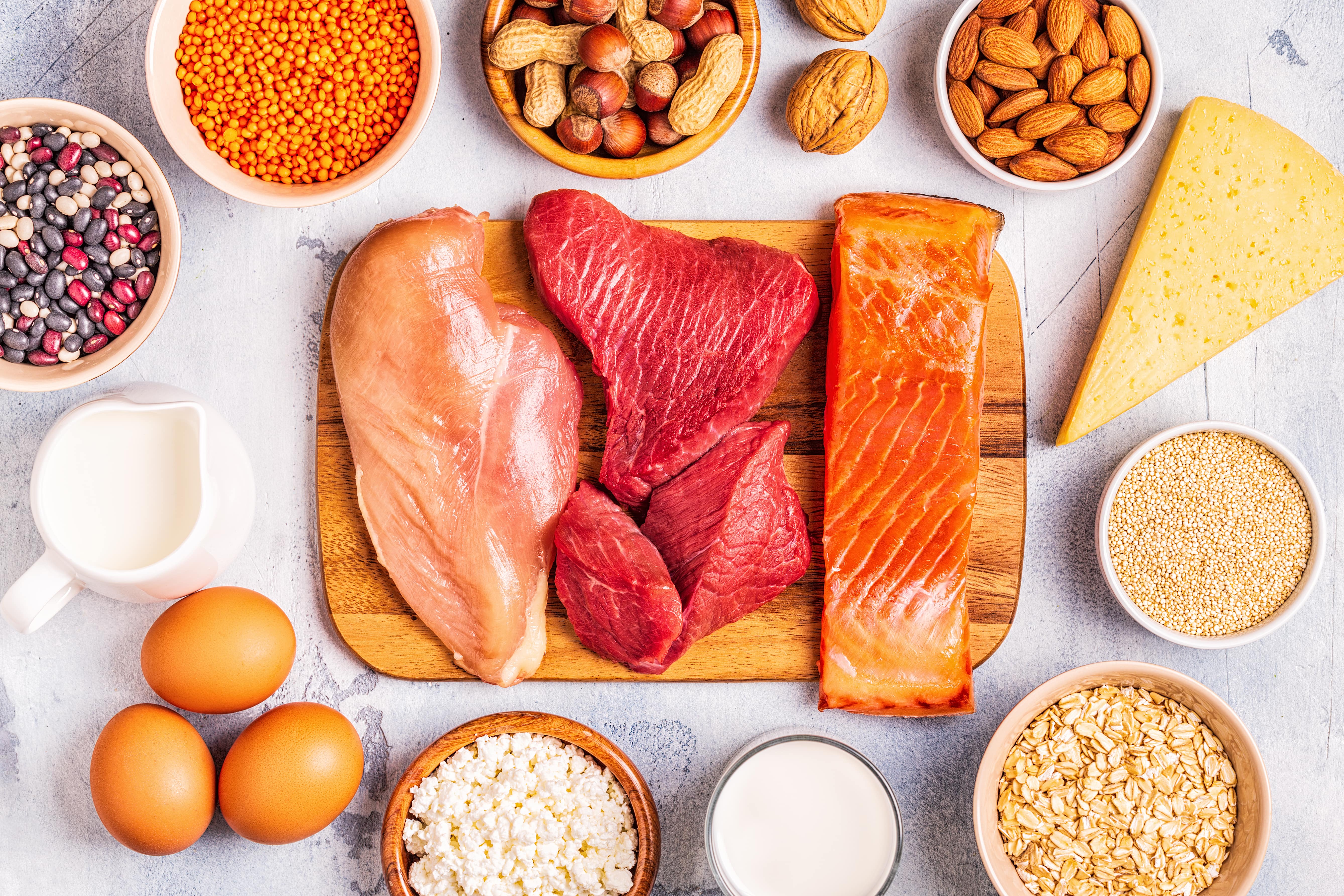Eat to Thrive: How Carbs, Fats, and Proteins Support Hormonal Health
- Talia Dali
- Food & Hormones
Nutrition is something I talk about almost daily with my clients, and one of the biggest areas of confusion is how macronutrients—carbs, fats, and proteins—impact hormone balance and reproductive health. There’s so much noise out there, especially online, so I’m here to clear things up and give you the simple facts! Each macronutrient has a crucial role to play, and today, we’re going to break down how they work together to support your body.
Carbohydrates: Your Hormone Fuel
First up, carbs—don’t fear them! They’re your body’s primary energy source and play a huge role in keeping your hormones happy. When you eat carbs, your body breaks them down into glucose, which fuels everything from your brain to your muscles. It also helps the hypothalamus (the brain’s hormone HQ) regulate key reproductive hormones like luteinizing hormone (LH) and follicle-stimulating hormone (FSH). These hormones are essential for ovulation and keeping your menstrual cycle on track.
If you cut carbs too low, your body might not get enough energy, and that can lead to irregular cycles or even a complete stop in menstruation. So, go ahead and enjoy those healthy carbs from whole grains, fruits, and veggies—your hormones will thank you!

Fats: The Hormone Builders
Now let’s talk fats. They’re not just tasty—they’re crucial for making hormones like estrogen, progesterone, and testosterone. Without fats, especially the good kinds like omega-3s and omega-6s, your body can’t make the prostaglandins that regulate ovulation and menstruation. Healthy fats from avocados, nuts, seeds, and fatty fish are absolute superheroes when it comes to supporting your hormone health.
Not enough fat in your diet? That’s when hormone imbalances sneak in, affecting everything from fertility to your skin. Plus, fats help you absorb fat-soluble vitamins like A, D, E, and K, which are also key players in your reproductive health.

Proteins: The Multi-Taskers
Finally, protein—my favorite multitasker! Protein gives your body essential amino acids that are the building blocks for hormones like insulin, growth hormones, and thyroid hormones. These amino acids also help produce enzymes and neurotransmitters (like serotonin) that keep your mood stable and stress levels down—because we all know stress messes with our cycle!
Protein is also critical for muscle and bone health, especially during times of hormonal fluctuation, like pregnancy or menopause. So, whether you’re looking to balance your estrogen and progesterone levels or support overall hormone production, getting enough high-quality protein is a must.

Wrapping It All Up
Here’s the bottom line: each macronutrient—carbs, fats, and proteins—plays a starring role in your hormonal and reproductive health. Carbs fuel your hormone production, fats build the hormones themselves, and proteins provide the structure to keep everything balanced. So, when you’re planning meals, remember to include a healthy balance of all three, and you’ll be supporting your body from the inside out!
References
1. Fuhrman, J., & Ferreri, D. M. Macronutrients and Hormonal Health. Journal of Nutrition and Hormone Balance, 2017.
2. Harvard T.H. Chan School of Public Health. The Nutrition Source: Fats and Hormones. Available from: https://www.hsph.harvard.edu/nutritionsource/fats-and-hormones/
3. Institute of Medicine (IOM). Dietary Reference Intakes for Energy, Carbohydrate, and Protein. National Academies Press, 2005. Available from: https://www.nap.edu/read/10490/chapter/1
4. Swiss Society for Nutrition (SSN). Nutrition and Reproductive Health. Available from: https://www.sge-ssn.ch/fr/nutrition-et-reproductive-healthTitle